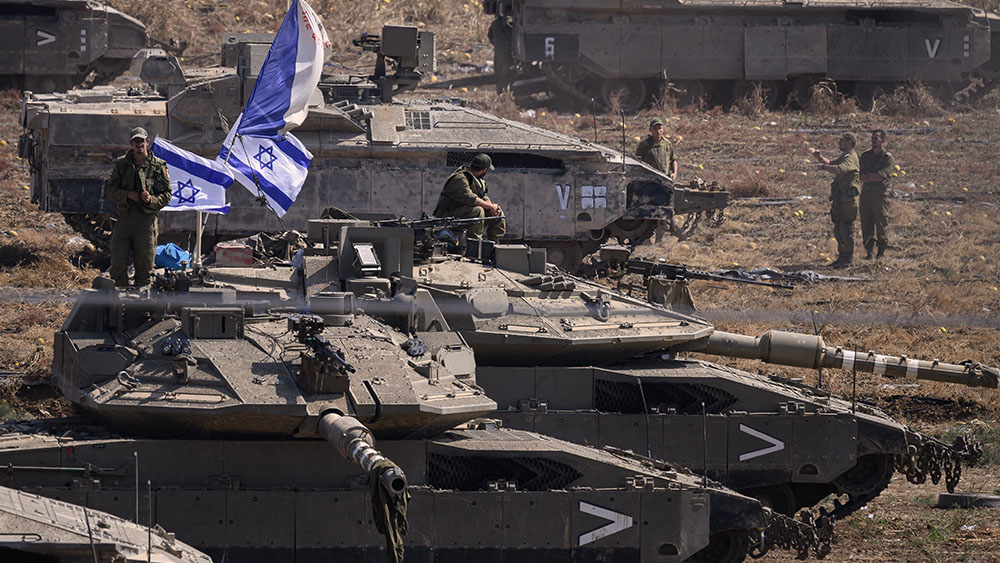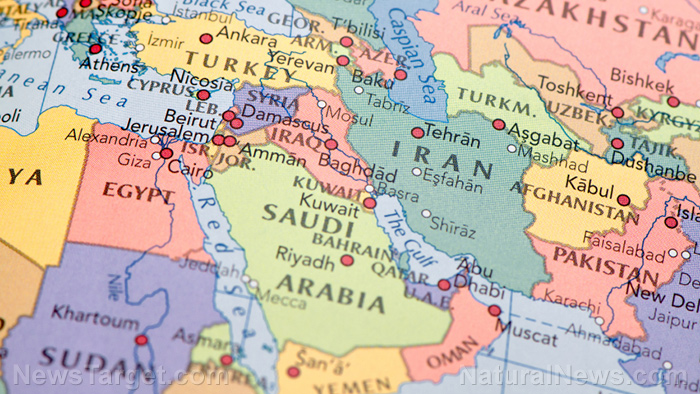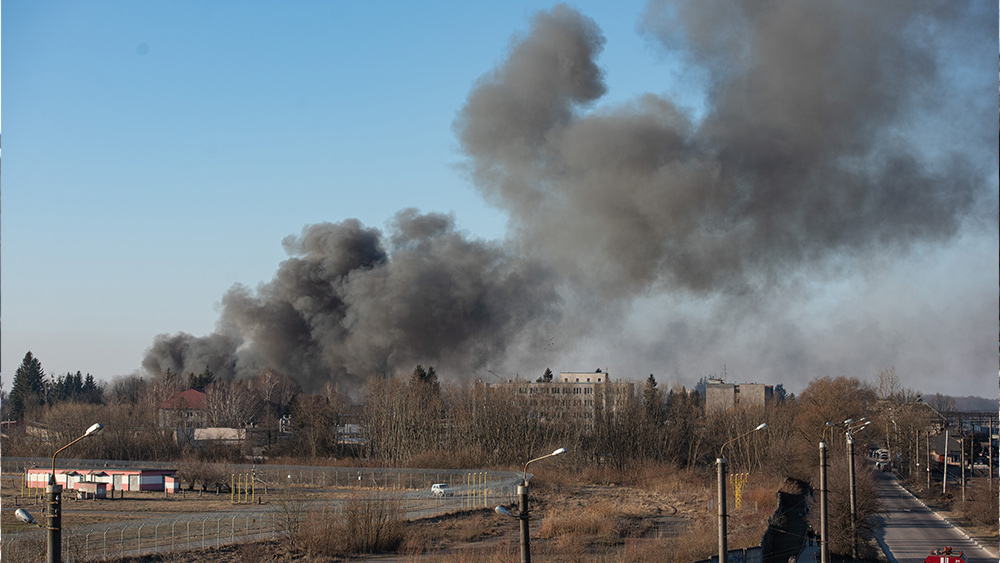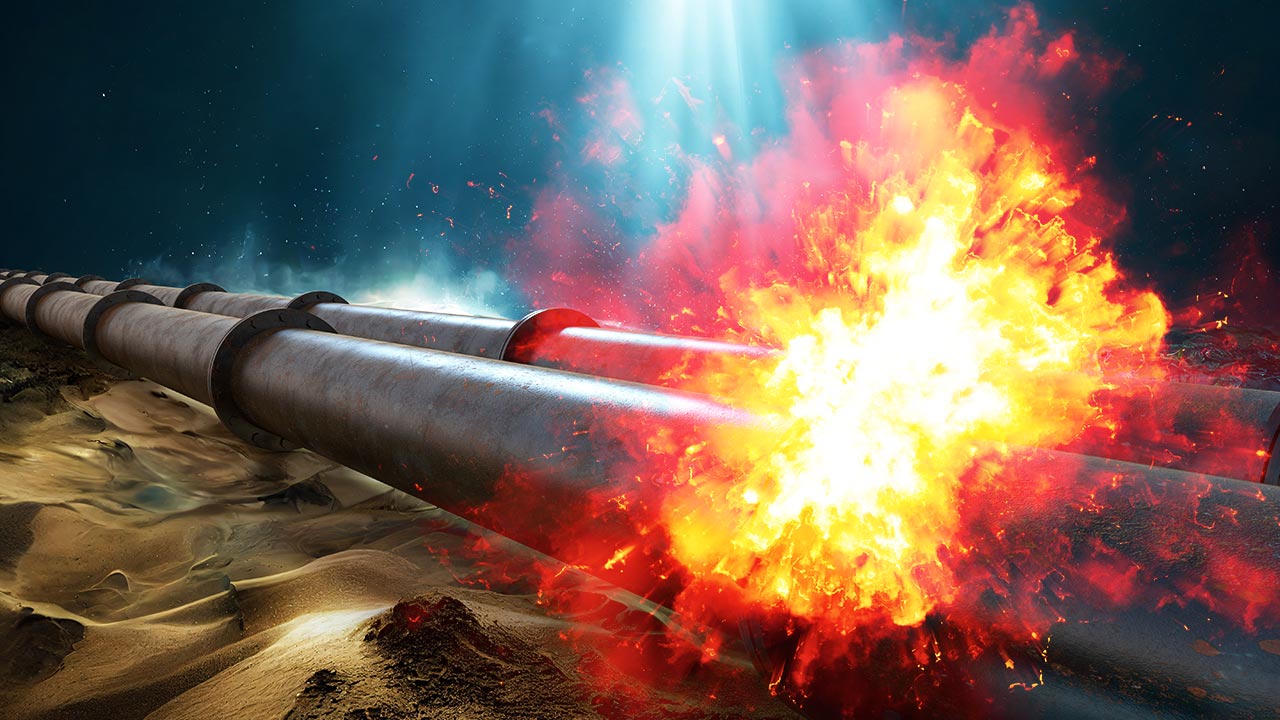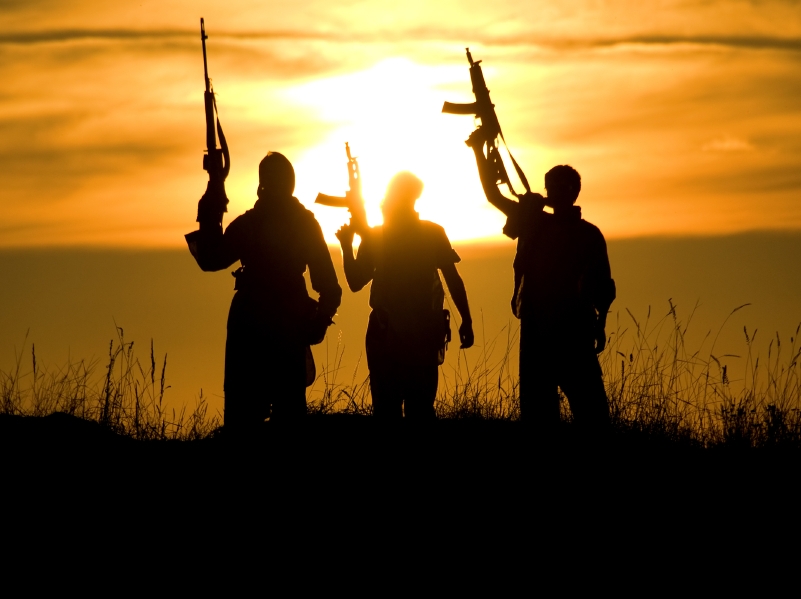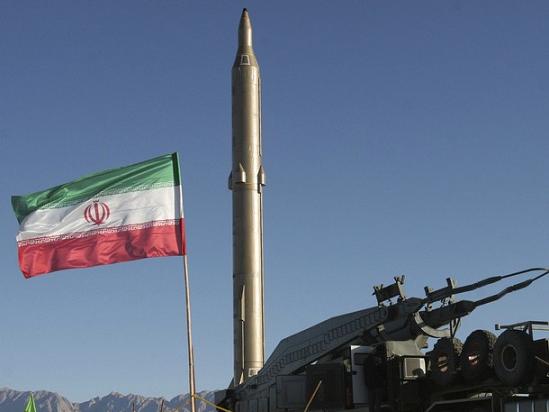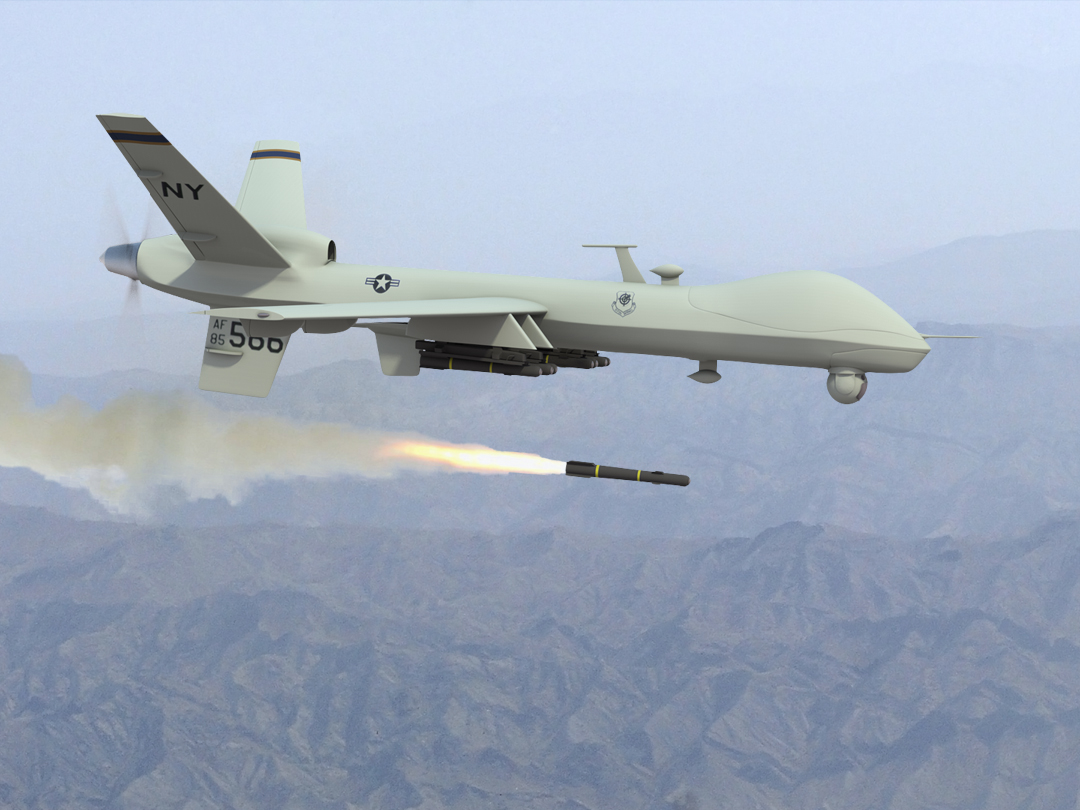U.S. to deploy previously banned missiles against China as a deterrent
11/28/2023 / By Richard Brown

The U.S. military plans to deploy previously banned medium-range missile systems in the Pacific region next year to serve as a “deterrent” against potential Chinese aggression in Taiwan.
Gen. Charles Flynn, commander of the U.S. Army Pacific Forces, revealed this development on Nov. 25. He said the deployment will feature a land-based version of the Tomahawk missile, previously prohibited by the Intermediate-Range Nuclear Forces (INF) Treaty ratified in 1987.
Earlier, the U.S. Marine Corps activated its inaugural Tomahawk battery in California. The new land-based batteries utilizing Tomahawk missiles can reach targets up to 1,000 miles. Interestingly, the INF treaty had prohibited the development of land-based missiles within a range of between 310 and 3,400 miles.
“We have tested them, and we have a battery or two of them today,” Flynn announced. “In 2024, we intend to deploy that system in your region. I’m not going to say where and when. But I will just say that we will deploy them.”
Though Flynn refrained from specifying the deployment location for the Tomahawk missiles, but there are indications they could be positioned in Japan. Simultaneously, the U.S. is enhancing its military presence in the Philippines as part of its broader strategy against China, which American military officials assert is aimed at deterring conflict. (Related: Air Force general warns US will be at war with China by 2025.)
Washington officially withdrew from the INF Treaty in August 2019, over allegations that Russia was building a new missile in violation of the document. The U.S. began testing intermediate-range nuclear weapons with ground-based Mk-41 launchers shortly thereafter.
Meanwhile, Moscow denied the allegations and accused America of violating the treaty. It cited Washington’s deployment of Aegis Ashore missile defense systems in Romania and Poland, equipped with Mk-41 vertical launchers capable of housing Tomahawk missiles.
Flynn: More military forces want exercises with U.S. counterparts
According to Flynn, more military forces in the Asia-Pacific region are looking to conduct joint drills with U.S. forces as a response to China’s increasingly aggressive behavior toward some countries there. Pointing to Beijing’s accelerated military capabilities, he remarked that what the Chinese People’s Liberation Army “is able to perform is very different in 2023” compared to previous years.
“That trajectory that they’re on is a dangerous one for the region,” the commander said. “Candidly, it’s a dangerous moment for the world.”
While Flynn has no idea when Beijing will invade the island nation, he cited factors as to why Chinese leader Xi Jinping wants to do so. He remarked: “The first is economic sanctions, particularly the economic sanctions that have been levied on Russia; can they withstand that?”
Secondly, Flynn said China is “doubling down on the region to fragment, fracture, disassemble the network of allies and partners that the U.S. enjoys, and they are working every day on that. He noted that China is doing that in information space, in the air, in the sea, and on the ground.
The third factor, according to Flynn, is China’s military readiness.
“I believe that they are, you know, assessing,” he said. “[Xi] is essentially assessing the military proficiency of his force to actually conduct a cross-strait invasion. That is a highly, highly complex operation, not to be taken lightly.”
The success of China’s influence and information operations, especially upon Taiwan’s January elections will be the final factor affecting the likelihood of a near-term invasion, according to Flynn.
“They have to win the information war,” he said. “The U.S. has to be seen as a declining power and unreliable and they are seen as a reliable and ascending power and they have to win that war.”
Meanwhile, China perceives the U.S. buildup as a containment strategy, escalating tensions and potentially increasing the likelihood of conflict.
Watch Rep. Mike Gallagher (R-WI) explain that China wants to divide America against itself.
This video is from the NewsClips channel on Brighteon.com.
More related stories:
STRATCOM report reveals China has a larger nuclear ICBM arsenal than the US.
Sources include:
Submit a correction >>
Tagged Under:
big government, chaos, China, dangerous, insanity, Intermediate-Range Nuclear Forces Treaty, medium-range missile, military readiness, military tech, missile systems, national security, nuclear, nuclear war, nuclear weapons, Taiwan, Taiwan invasion, Tomahawk missiles, weapons technology, White House, WWIII
This article may contain statements that reflect the opinion of the author
RECENT NEWS & ARTICLES
COPYRIGHT © 2017 WWIII NEWS



